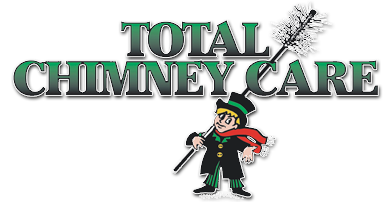 With the start of the New Year have come significantly cooler temperatures, so now more than ever, staying warm is a main priority. For some homeowners, keeping a toasty house involves running an oil burning furnace. Just like other heating appliances, an oil fired system requires regular maintenance. However, many mistake the annual cleaning offered by the oil company covers everything, which could have disastrous consequences. In these cases, the chimney for the oil burner goes uncared for, so it is necessary to have a separate chimney expert out to clean the chimney.
With the start of the New Year have come significantly cooler temperatures, so now more than ever, staying warm is a main priority. For some homeowners, keeping a toasty house involves running an oil burning furnace. Just like other heating appliances, an oil fired system requires regular maintenance. However, many mistake the annual cleaning offered by the oil company covers everything, which could have disastrous consequences. In these cases, the chimney for the oil burner goes uncared for, so it is necessary to have a separate chimney expert out to clean the chimney.
When oil burns, it produces a black messy product commonly known as soot. The soot travels up the chimney with the hot smoke to be expelled from the house. Conversely, some of the soot fails to make it out of the chimney and instead clings to the interior lining. Without proper removal, the soot can build up to the point of blocking the air flow through the chimney. Poor ventilation can lead to the harmful gases flowing back into the furnace and even into the house. The carcinogens in the smoke can have long term effects like cancer, while the carbon monoxide has immediate effects like irritated asthma or suffocation in extreme cases.
In addition to potentially blocking off the ventilation, soot left in the chimney actually causes damage to the lining. The carbon and sulfur in the soot combines with water vapor produced during combustion to form an acidic compound. The acid causes the chimney lining to corrode, which can leave it filled with holes. Smoke, soot, and other materials will leak out of the holes and into the home, rendering the lining useless. If the chimney is not regularly cleared of debris and soot, the alternative is to regularly replace the entire lining system, which becomes very expensive and time consuming.
The soot that does not escape the chimney and does not cling to the lining ends up falling back down into the heating appliance. Oftentimes, the soot comes to rest on the vent inside the burner, and this has its own set of problems. When the vent becomes clogged with soot or other debris, the appliance must work harder to move air through it. In the long run, this costs the homeowner more money in fuel, due to the reduced efficiency, and it wears the appliance down, requiring more frequent replacement.
Fortunately, these issues and their consequences are generally avoidable, and all it takes to prevent problems like these is a regular chimney cleaning. The Chimney Safety Institute of America recommends having a chimney specialist out to clean an oil burning chimney at least once every year. If you live in the area of Milford, Connecticut, contact Total Chimney Care to speak with an expert regarding your chimney.
